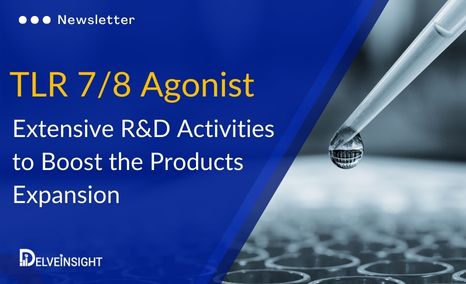narcolepsy
Sep 16, 2025
Lion TCR Secures Triple FDA Milestones with IND Clearance for Chronic Hepatitis B; Corstasis Therapeutics Wins FDA Approval for ENBUMYST Nasal Spray to Treat Edema in CHF, Liver, and Kidney Disease; Amneal Gains FDA Approval for Sodium Oxybate Oral Solution in Narcolepsy Patients with Cataplexy and Excessive Daytime Sleepiness; Greenwich LifeSciences’ GLSI-100 Granted FDA Fast Track Designation; Akeso’s Ligufalimab Granted FDA Orphan Drug Designation for Acute Myeloid Leukemia
Lion TCR Secures Triple FDA Milestones for Chronic Hepatitis B with IND Clearance of TCR-T Therapy Lion TCR announced that the FDA has cleared its Investigational New Drug (IND) application for LioCyx-M004, authorizing the initiation of phase Ib/II clinical trials in patients with chronic hepatitis B (CHB). The ...
Read More...
Aug 08, 2025
Narcolepsy Treatment Market Awakens: A Projected Boom Fueled by Emerging Therapies
Narcolepsy is a chronic neurological disorder that disrupts the brain’s ability to regulate sleep-wake cycles. Often misunderstood and underdiagnosed, it typically begins in adolescence but may remain unrecognized for years. The hallmark symptoms include Excessive Daytime Sleepiness (EDS), sudden muscle weakness, v...
Read More...
Sep 20, 2023
Sleep Aids Market: Examining Cutting-Edge Technologies and Major Breakthroughs
Sleep Aids Market: Examining Cutting-Edge Technologies and Scientific Breakthroughs Sleep can be burdensome when it disrupts daily routines, requires a significant time commitment, and is marred by sleep disorders or disturbances that affect overall well-being. In today's fast-paced world, where stress, anxiety,...
Read More...
Apr 14, 2021
Sleep Disorders: An Emerging Public Health Issue
Sleep is essential for the physical and mental health of the person. If a person didn’t get proper sleep, it might lead to many health complications. In recent time, due to various reasons such as busy work schedule, changes in sleep patterns, stress, environmental factors, certain medical conditions or medications...
Read More...
Aug 21, 2019
FDA approves Non-Controlled treatment for Excessive Daytime Sleepiness
The U.S. Food and Drug Administration has approved WAKIX (pitolisant) to treat excessive daytime sleepiness (EDS) in adult patients with narcolepsy. The Narcolepsy therapy, developed by HARMONY therapeutics, is the first and the only treatment to get approval that is not labelled as a controlled substance by the US...
Read More...
Mar 18, 2019
Narcolepsy now a confirmed Autoimmune Disorder
The concept of sleep as a passive movement of unconsciousness has long been ruled out. But this act of rejuvenation hasn't just been restricted to the phase of resting. Usually, sleepers undergo five stages of sleep consisting of both REM (Rapid Eye Movement) and N-REM (Non- Rapid Eye Movement), each lasting f...
Read More...
Apr 03, 2017
Narcolepsy: Treatment options and market outlook
Narcolepsy is characterized by symptoms such as excessive daytime sleepiness, cataplexy (sudden loss of muscle control, often triggered by strong emotions) and fragmented sleep. Narcolepsy occurs throughout the world but occurrence rates vary among populations. Occurrence of Narcolepsy is estimated to be 1 in 2,000 ...
Read More...

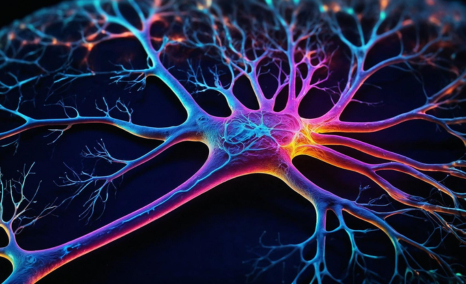
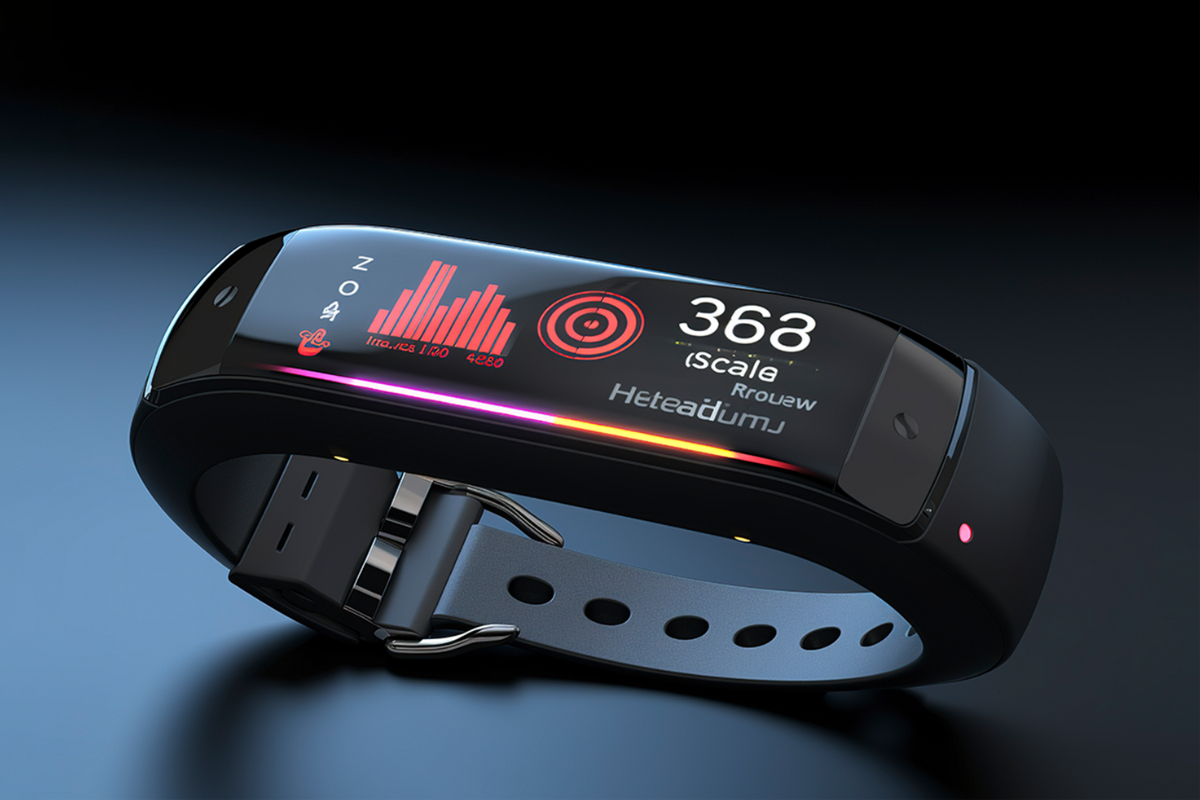
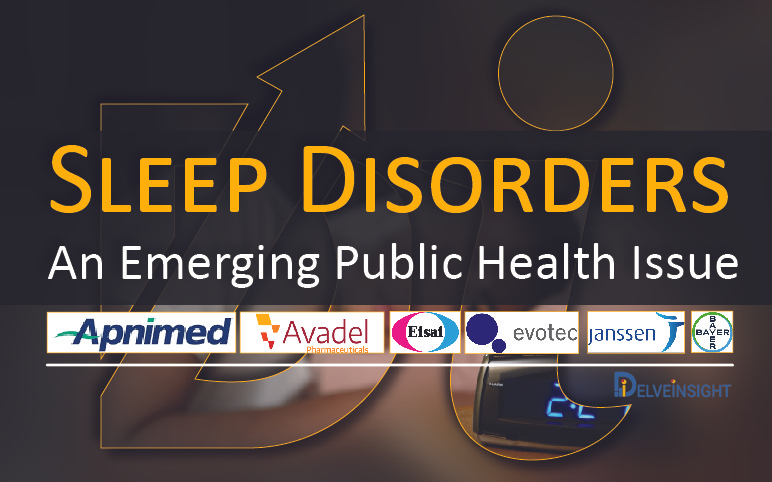
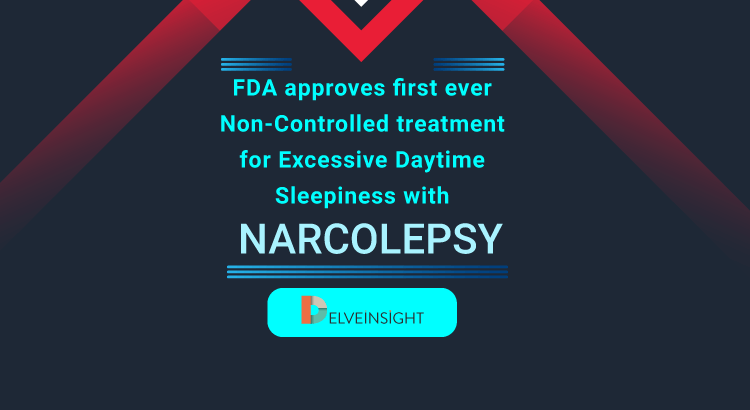


-Agonist.png)
